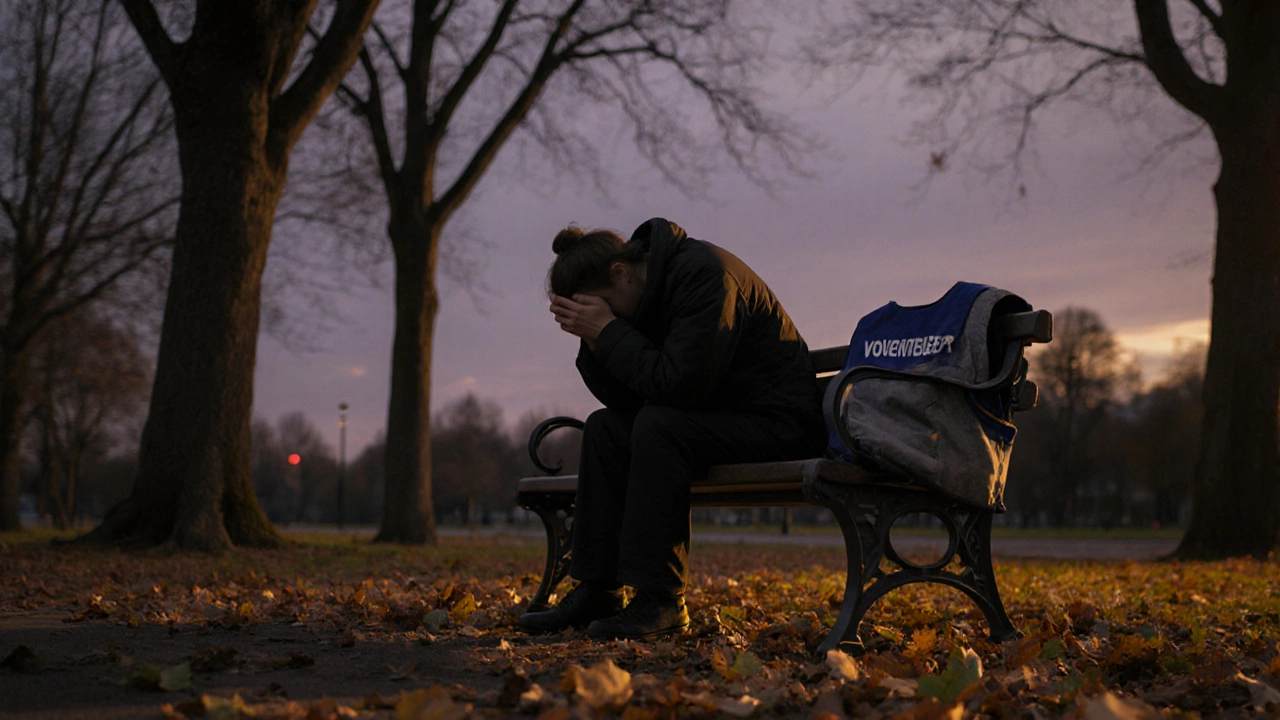Volunteer Boundaries: Knowing When to Say No and Still Make a Difference
When you volunteer, your time and energy are gifts—but they aren’t endless. Volunteer boundaries, the personal limits you set to protect your well-being while giving back. Also known as volunteer limits, they’re not about saying no to helping—they’re about saying yes to showing up consistently, without burning out. Too many people feel guilty for setting limits, but the truth is simple: if you’re exhausted, you can’t help anyone well. Real impact comes from steady, sustainable effort, not from pushing yourself until you’re empty.
Think about your local charity shop. Volunteers sort clothes, ring up sales, and keep things running—but if one person takes on every shift because no one else will, they’ll quit. That’s not heroism; it’s a system failure. Volunteer burnout, the physical and emotional exhaustion from overcommitting without support is real, and it’s common. The same goes for community outreach teams, food banks, and senior groups like ours in Minehead. When volunteers don’t have clear boundaries, the whole effort suffers. Setting boundaries isn’t about being selfish—it’s about being responsible. It means knowing your capacity, communicating it, and letting others step in when you need space.
Good volunteer ethics, the unwritten rules that guide fair, respectful, and sustainable giving include respecting your own needs as much as the needs of those you serve. If you’re caring for an aging parent, working full-time, or just need a night off, that’s not a flaw—it’s life. The best volunteer programs don’t expect superhuman effort. They build teams. They rotate tasks. They celebrate when someone says, "I can only do one afternoon a month," and mean it. That’s how you keep people involved for years, not weeks.
You’ll find posts here that talk about how charity shops rely on volunteers, how outreach works best when people are truly engaged, and how virtual volunteering lets you help without leaving home. These aren’t just ideas—they’re real experiences from people who learned the hard way that saying yes to everything means saying no to yourself. The goal isn’t to do more. It’s to do what you can, without losing your balance. That’s how communities stay strong—not because everyone gives everything, but because everyone gives what they can, and no one is expected to give more than they have.

When Should You Stop Volunteering? Signs It’s Time to Step Back
Knowing when to stop volunteering isn't quitting-it's protecting your well-being so you can keep helping in a sustainable way. Recognize the signs of burnout and learn how to step back with grace.